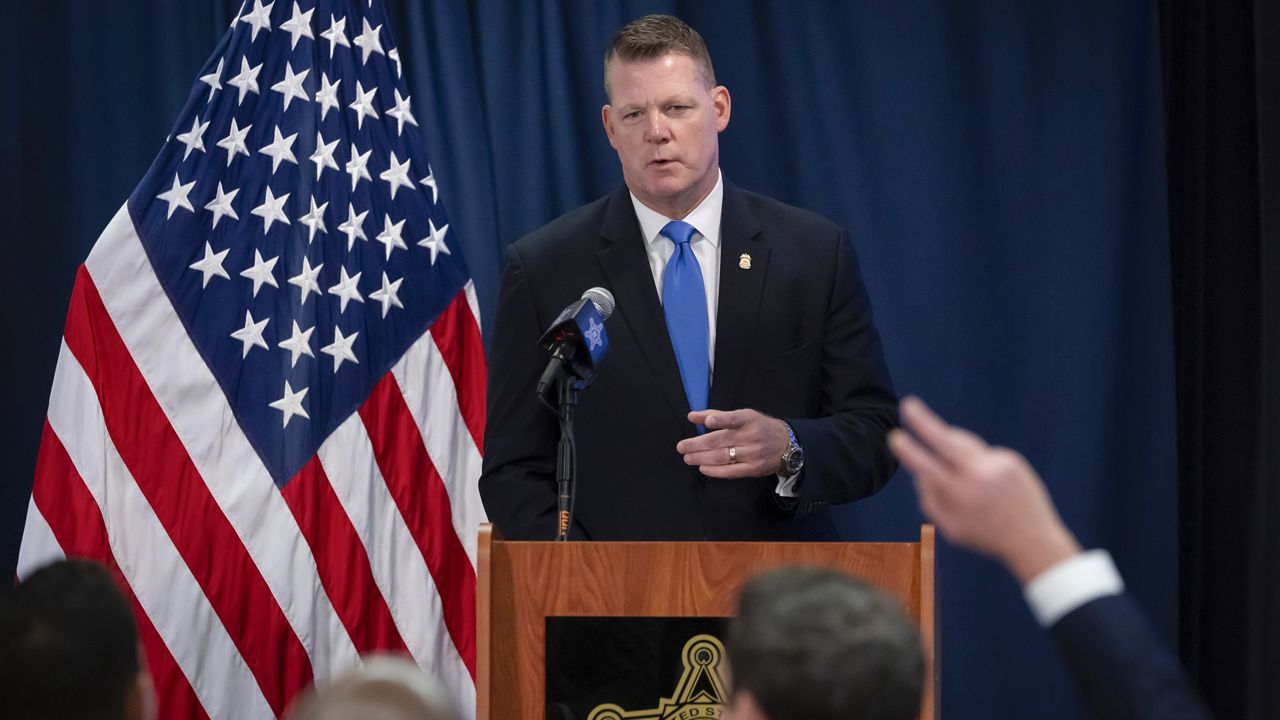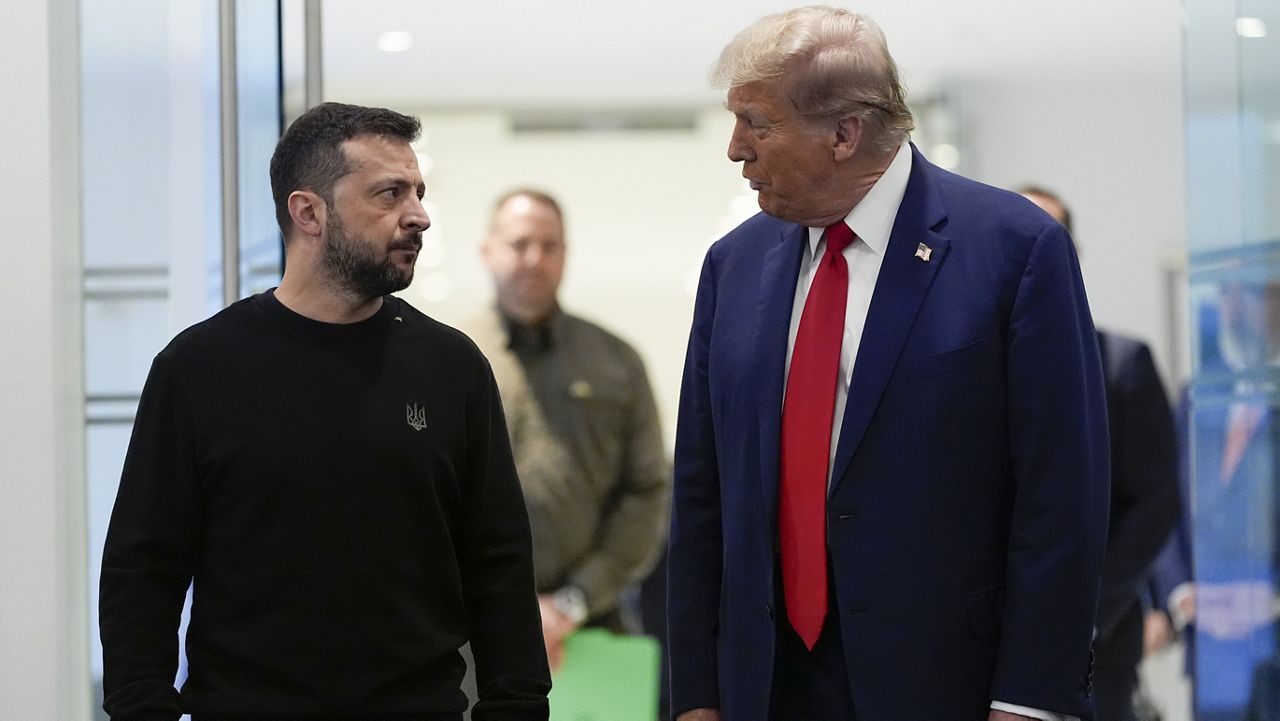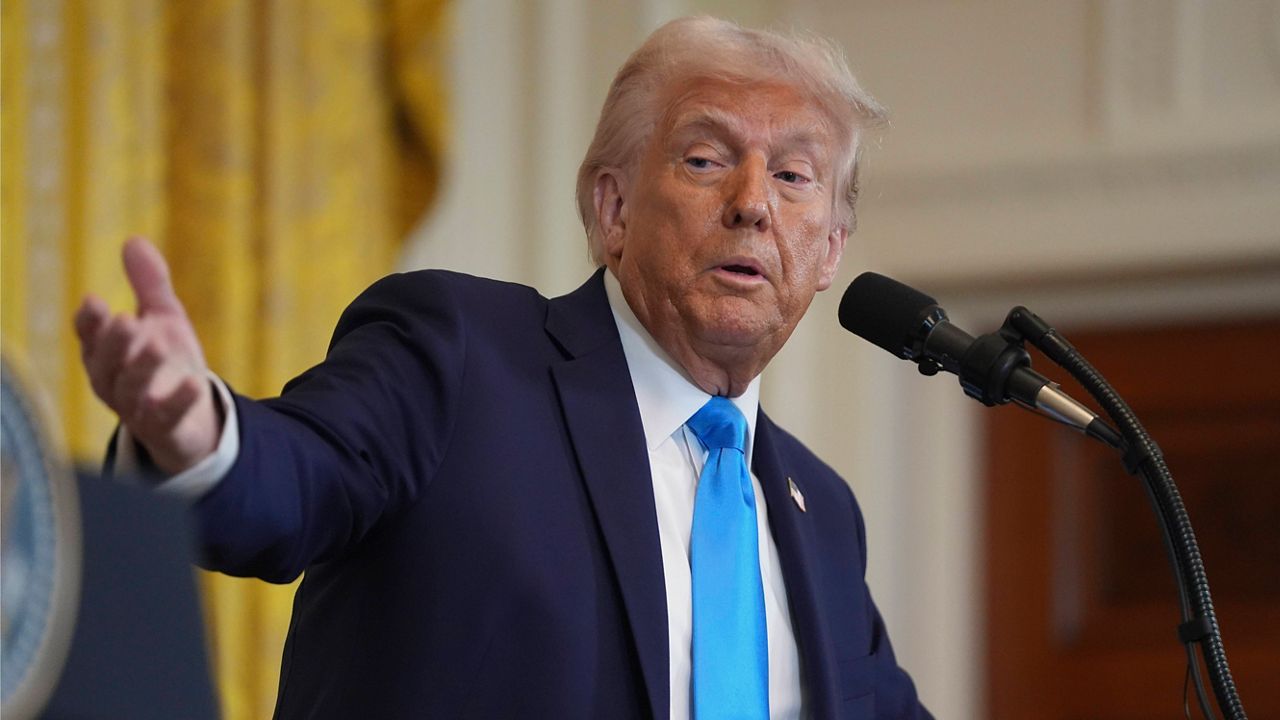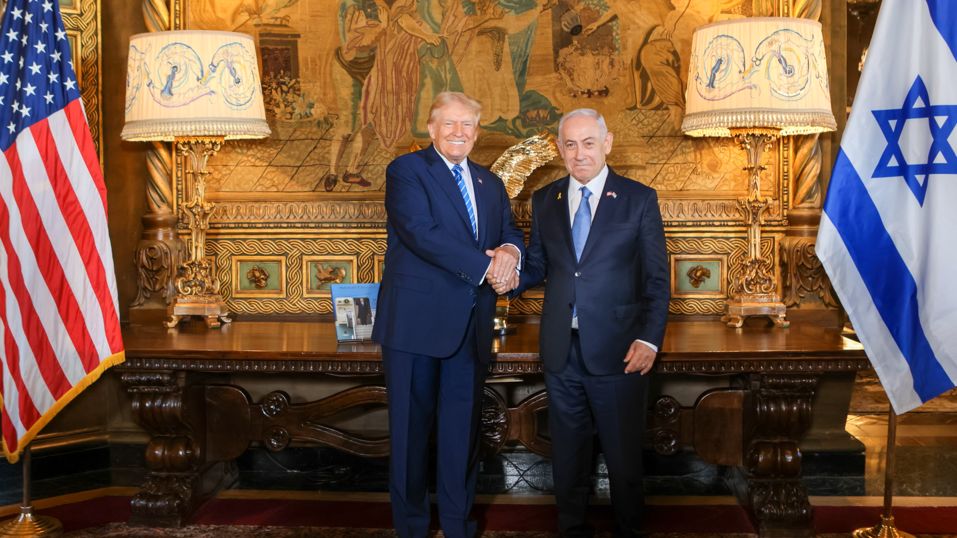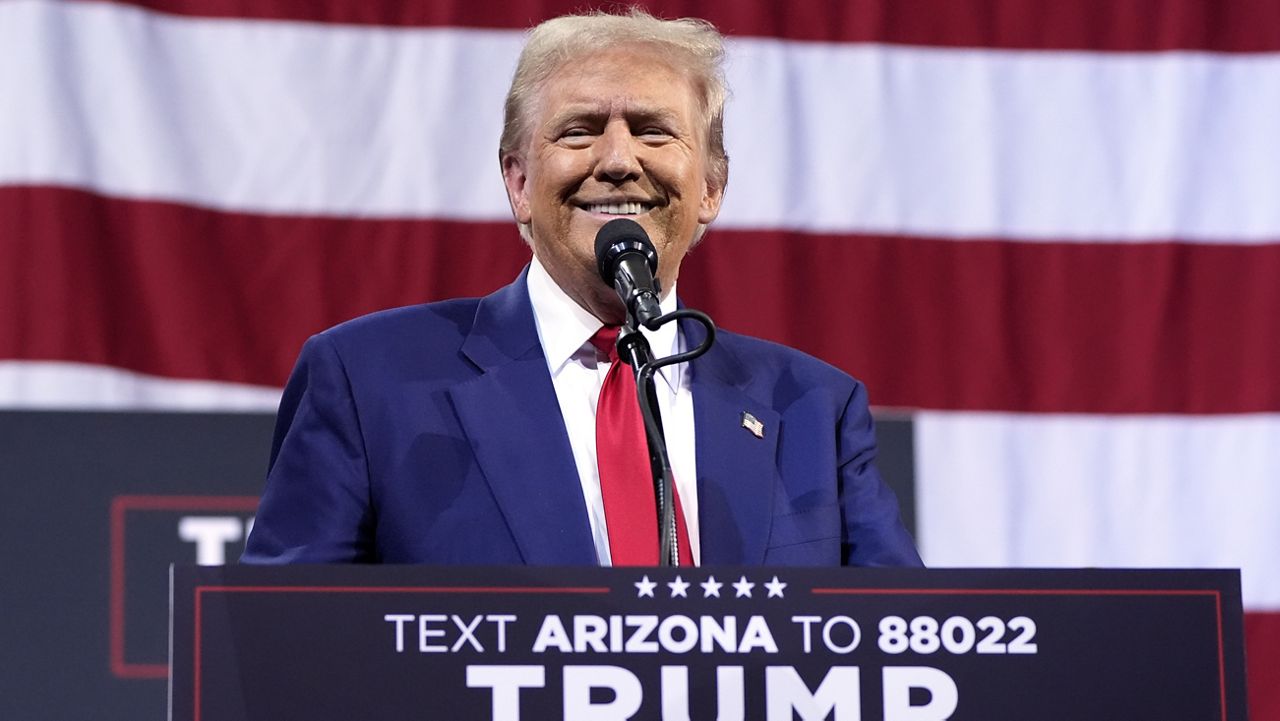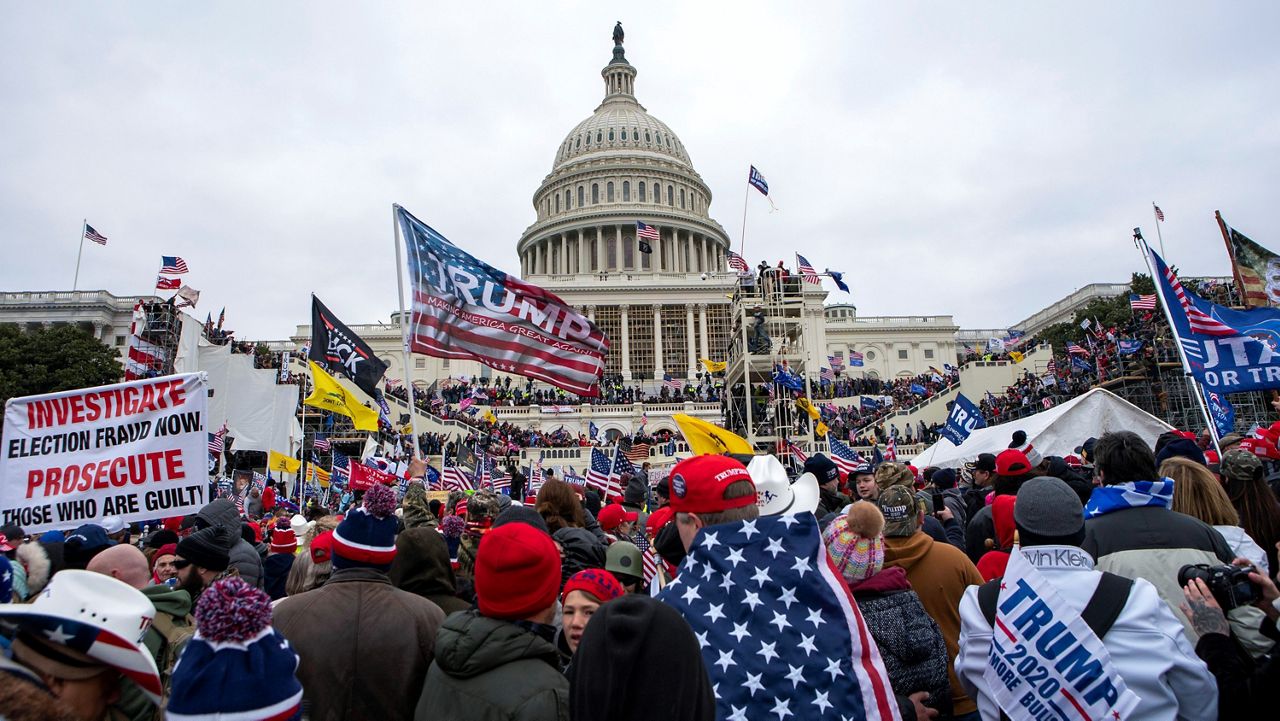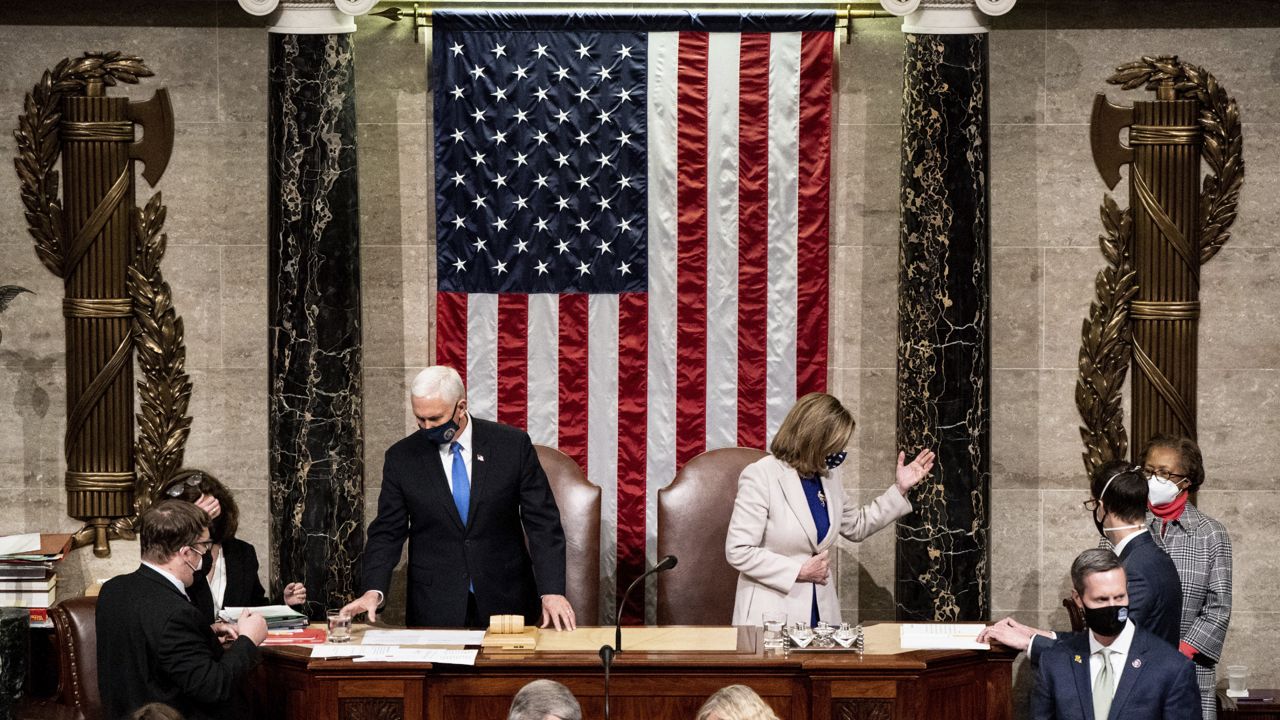An internal review of the July 13 assassination attempt on former President Donald Trump revealed security failures warranting a “paradigm shift” in how the agency protects federal officials and former presidents, its acting director said Friday.
What You Need To Know
- An internal review of the July 13 assassination attempt on former President Donald Trump revealed security failures warranting a “paradigm shift” in how the agency protects federal officials and former presidents, its acting director said Friday
- The Secret Service is nearing the completion of its “mission assurance review” after a 20-year-old gunman perched on a nearby warehouse rooftop opened fire on Trump during a campaign rally in Butler, Pennsylvania, wounding the former president in the right ear
- Acting Secret Service Director Ronald Rowe Jr. said the review found communication breakdowns between the agency and local law enforcement, and complacency among some Secret Service agents responsible for securing the facility
- Rowe said the Secret Service must “significantly increase our protective footprint" and that more agents and better technology are needed
The Secret Service is nearing the completion of its “mission assurance review” after a 20-year-old gunman perched on a nearby warehouse rooftop opened fire on Trump during a campaign rally in Butler, Pennsylvania, wounding the former president in the right ear.
One rallygoer was killed, and two others were wounded. The gunman, Thomas Matthew Crooks, was fatally shot by a Secret Service sniper. The FBI and Department of Homeland Security are also conducting investigations.
Acting Secret Service Director Ronald Rowe Jr. said the review found communication breakdowns between the agency and local law enforcement, and complacency among some Secret Service agents responsible for securing the facility.
“In today's hyperdynamic threat environment, the mission of the Secret Service is clear: We cannot afford to fail,” said Rowe, who has been leading the agency since Director Kimberly Cheatle resigned under pressure from Congress following the shooting.
“As I've said, this was a failure on the part of the United States Secret Service," Rowe added. "It's important that we hold ourselves accountable for the failures of July 13, and we will use the lessons learned to make sure that we do not have another failure like this again.”
Rowe said the Secret Service cannot again “abdicate or defer” its duty in crafting plans to secure sites. He added that the Secret Service did not give state and local police they were working with clear directions and law enforcement partners should have been present in the Secret Service’s security room.
There was an overreliance on mobile devices for communication, which resulted in information being “siloed,” Rowe said. For example, the security room called a counter-sniper response agent by phone to report an individual on the warehouse roof.
“That vital piece of information was not relayed over the Secret Service radio network,” Rowe said.
Seconds later, the gunman began shooting in Trump’s direction. Less than a minute after that, the shooter had been killed.
Rowe said the Secret Service had identified the warehouse rooftop as a vulnerability, but it was “not properly mitigated.” The concerns were not escalated to supervisors.
Meanwhile, there was an “assumption” local police had the rooftop covered, “but there clearly was not that follow-up to make sure,” Rowe said. He blamed the Secret Service for not giving clear orders.
The investigation also found that some members of the Secret Service advance team were not diligent enough, leading “to a breach of security protocols,” Rowe said.
He said those agents will be held accountable but would not provide any further details, citing it as a personnel matter.
The agency is now looking to learn from its mistakes.
“We're at a pivotal moment in the history of the Secret Service and at a pivotal moment in the history of our country,” Rowe said. “And I've directed that the Secret Service embark on a significant paradigm shift that will redefine how we conduct protective operations.”
Rowe said the Secret Service must “significantly increase our protective footprint,” which he said the agency began doing after July 13. He said additional resources are needed, including more agents and better technology.
Bolstering personnel, however, is not an overnight process, Rowe explained. It can take four to five years before agents are performing at a high level, he said.
Rowe said current agents “have been in a state of hypervigilance” since July 13.
“We are certainly working our people hard, and I've used this term publicly ‘redlining,’” he said. “This cannot be about working our people harder.”
Earlier Friday, the House unanimously passed a bill that would require the Secret Service to use the same standard of protection for major presidential candidates that it uses for presidents and vice presidents.
Rowe said the agency has already been doing that for Trump since July 13, even Sunday when there was an apparent second assassination attempt on the former president as he played golf at his West Palm Beach, Florida, course.
The Secret Service head said the agency has been talking with members of Congress about its needs, but he would not go into detail with reporters about those talks.
Rowe also called for the Secret Service to be self-reliant and ween itself from receiving help from other agencies in the Homeland Security and Defense department except during national special security events.
Asked about Sunday’s scare, Rowe defended his agency, saying the incident was “managed according to our training.”
Ryan Chatelain - Digital Media Producer
Ryan Chatelain is a national news digital content producer for Spectrum News and is based in New York City. He has previously covered both news and sports for WFAN Sports Radio, CBS New York, Newsday, amNewYork and The Courier in his home state of Louisiana.




